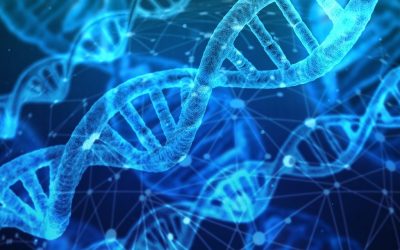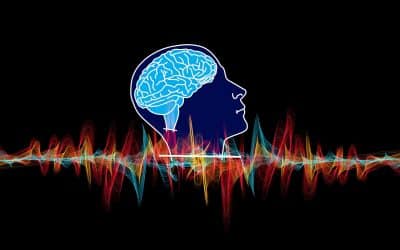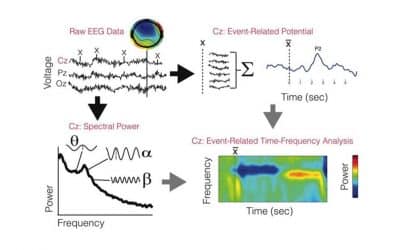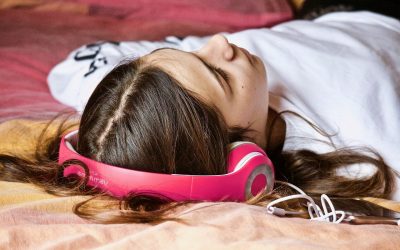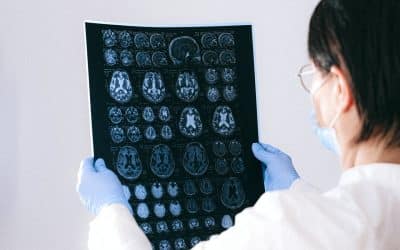Abstract Background: Depressive disorder (DD), including recurrent DD (rDD), is a severe psychological disease, which affects a large percentage of the world population. Although pathogenesis of the disease is not known, a growing body of evidence shows that...
Neurofeedback
Effects of Increase in Amplitude of Occipital Alpha & Theta Brain Waves on Global Functioning Level of Patients with GAD
Abstract Introduction: The basic objective of this study is to investigate the effects of alpha and theta brain waves amplitude increase in occipital area on reducing the severity of symptoms of generalized anxiety disorder and to increase the global functioning level...
Effects of Oral Vitamin C Supplementation on Anxiety in Students: A Double-Blind, Randomized, Placebo-Controlled Trial
Abstract Vitamin C ascorbic acid) is a well-known antioxidant that is involved in anxiety, stress, depression, fatigue and mood state in humans. Studies have suggested that oxidative stress may trigger neuropsychological disorders. Antioxidants may play an important...
Differential effects of theta/beta and SMR neurofeedback in ADHD on sleep onset latency
Abstract Recent studies suggest a role for sleep and sleep problems in the etiology of attention deficit hyperactivity disorder (ADHD) and a recent model about the working mechanism of sensori-motor rhythm (SMR) neurofeedback, proposed that this intervention...
Effect of anti-inflammatory treatment on depression, depressive symptoms, and adverse effects: a systematic review and meta-analysis of randomized clinical trials
Abstract Importance: Several studies have reported antidepressant effects of anti-inflammatory treatment; however, the results have been conflicting and detrimental adverse effects may contraindicate the use of anti-inflammatory agents. Objective: To systematically...
Use of EEG to diagnose ADHD
Electroencephalography (EEG) has, historically, played a focal role in the assessment of neural function in children with attention deficit hyperactivity disorder (ADHD). We review here the most recent developments in the utility of EEG in the diagnosis of ADHD, with emphasis on the most commonly used and emerging EEG metrics and their reliability in diagnostic classification. Considering the clinical heterogeneity of ADHD and the complexity of information available from the EEG signals, we suggest that considerab
Is depression associated with increased oxidative stress? A systematic review and meta-analysis
Abstract Background: It has been suggested that depressed persons have increased oxidative stress and decreased anti-oxidant defences. 8-Hydroxy-2'-deoxyguanosine (8-OHdG) and F2-isoprostanes, measures of oxidative DNA and lipid damage respectively, are among the most...
Psychological treatment of generalized anxiety disorder: a meta-analysis
Abstract Recent years have seen a near-doubling of the number of studies examining the effects of psychotherapies for generalized anxiety disorder (GAD) in adults. The present article integrates this new evidence with the older literature through a quantitative...
Neurofeedback training induces changes in white and gray matter
Abstract The main objective of this structural magnetic resonance imaging (MRI) study was to investigate, using diffusion tensor imaging, whether a neurofeedback training (NFT) protocol designed to improve sustained attention might induce structural changes in white...

